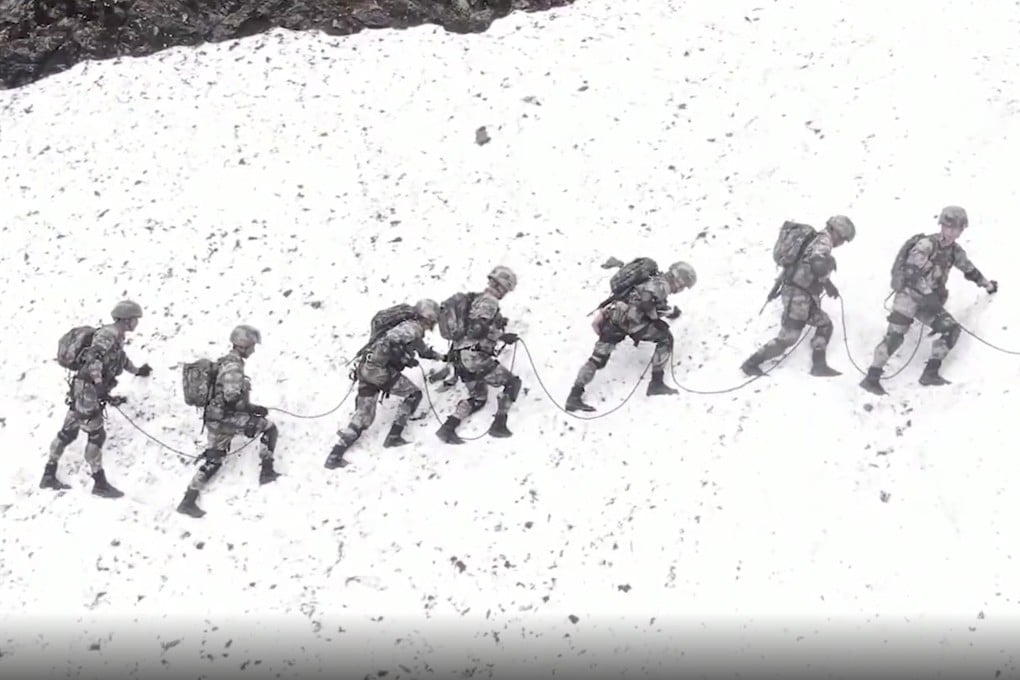High altitudes send soldiers off course in China-India border region: experts
- Observers believe the disorientation caused by mountain sickness is to blame but warn that serious symptoms can lead to death
- Many troops stationed in the Himalayan region have never experienced the challenging conditions before

The soldier was apprehended by Indian troops at more than 4,200 metres (13,780 feet) above sea level, near the south bank of Pangong Tso, a mountain lake along the Line of Actual Control (LAC), the de facto frontier between China and India.
According to Chinese military mouthpiece the People’s Liberation Army Daily, the unnamed soldier had lost his way through a combination of circumstances, including the failing light at dusk and the complex landscape. Altitude sickness was not mentioned.
“It’s very easy for soldiers to get lost in high altitudes. The soldier felt dizzy and then lost direction, entering the Indian border,” Zhou said. “Both India and China are used to returning lost soldiers every year during scheduled meetings.”
A similar incident occurred last October, when PLA soldier Wang Yalong was returned to the Chinese side after two days in Indian hands. China said Wang had become lost while helping a local herder find lost yaks.
According to Zhou, it is common for PLA border soldiers to help herders find their animals, which cost up to 50,000 yuan (US$7,700) each. Their prized wool is used for expensive clothing. “But many Tibetan herders’ traditional grazing lands overlap with the Indian LAC,” he said.
Last September, China returned five Indian citizens who went missing from the border province of Arunachal Pradesh, a disputed region which was at the centre of the fighting during the 1962 war between the two Asian giants. Beijing claims the area as a large part of South Tibet.